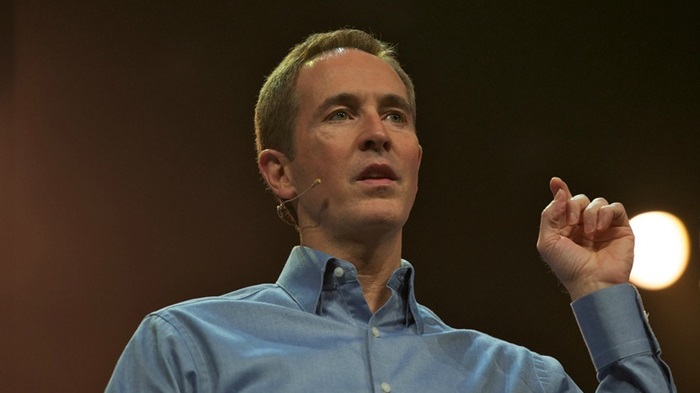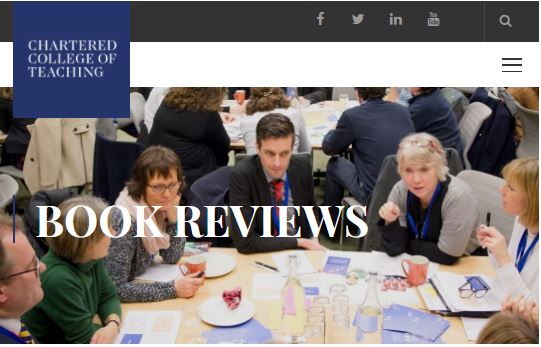Teaching is messy, complex, creative. More a la carte than fast food. We are not measuring uniformity. I am not convinced that ‘performance reviews’ even valid? In the same way I am not convinced that interviews lead to the correct hire decisions.
I take the stance that vast majority of teachers have made a personal and decisive decision to be educators. Anecdotally, often because of the wonderful teachers they encountered (note: Mr Andy Sibson, Mr Tim Whitmore). Occasionally in spite of their teachers – to right a wrong or to prove a particular teacher wrong. Sometimes, because they themselves were successful at the game of “education,” and wanted to be a part of it. Again, similar to the antithetical stance previously, I know of one or two teachers that became teachers because they were not successful in school (if that makes sense) and took a more scenic education route to becoming teachers. Urged on by a drive to improve a ‘faulty education system‘ that let them down or fell short. To support pupils, not too dissimilar to their former selves. Some always wanted to be a teacher and nothing else.
Fact of the matter is we need to retain teachers/doctors/nurses more effectively (especially after the investment to train them), encourage some of the 250,000 qualified teachers to return to the profession, draw potential teachers to join the profession, and develop all teachers once in the profession.
PRP and Performance review is not helping plug the holes in our leaky bucket, if anything it is making the situation worse.
The open conversation
Stephen Tierney posted
You need 47,000 more teachers; some thoughts:
He followed it up with eight suggestions on how to improve the “offer”. These were interesting in their own right*, however, the dialogue that followed, even more so.
Mr D added
Remove the pressure of performance related pay.
Remove the outstanding grade as it only creates huge pressures on teachers from SLT who want it
Mr Dominic.Adam added
I’d like to see an increase in the accessibility of nationally accredited CPD too.
Sam Smith added
While an increase in pay would be lovely, it wouldn’t enable me to work any longer or harder than I do already! 7 & 8 would work for me.
Meanwhile, Simon Smith was probing away at the reputation of “Performance Management” in schools. Missing from Stephen’s eight points.
Has your school’s performance management procedures helped improve your practice in the classroom?
Please share
— Simon Smith (@smithsmm) April 8, 2018
Do you value your schools performance management procedures?
Please respond and share. Want as many responses as possible.
— Simon Smith (@smithsmm) April 8, 2018
Simon’s unscientific polling, supporting the 2017 EEF summary on performance pay
The results of rigorous evaluations, such as those with experimental trials or with well-controlled groups, suggest that the average impact of performance pay schemes has been just above zero. Some approaches appear to show more promise, such as bonuses or enhanced pay to attract teachers to challenging schools, or loss aversion, where the award has to be paid back if student results fall below a certain level.
Now add to that, this weeks discussion paper Can HRM Improve Schools’ Performance?, which is being presented at the Royal Economic Society’s 2018 Annual Conference, I rather selectively highlight two comments from the associated blog post “Should schools bother with modern human resources management?” (Alex Bryson, Lucy Stokes, David Wilkinson)
By contrast, increased use of performance-related pay and performance monitoring, which do improve workplace performance elsewhere in the economy, are ineffective in schools. The only HRM practice that benefits both schools and other workplaces is more intensive provision of training.
and
Our findings also raise concerns about the government’s hopes that greater use of performance pay for teachers will bring about improvements in school performance.
Pay is an important issue. It would be naive to pretend that it is not. Connected to pay, is the corrosive consequences of Performance Management (ineffective at best, harmful and biased). It empirically should be jettisoned form our profession.
Stephen, may I add 9. The removal of time consuming, ineffective, harmful and biased, Performance Management practices.
Stephen Tierney’s eight recommendations and one counterpoint from Professor Pedagogue.
- Give a bursary to all trainee teachers which must be repaid if they don’t complete x years in the classroom
- Agree a multi year above inflation pay deal for all teachers; more for those at the start of their career
- Reduce all teachers contact ratio by a further 10% in exchange for undertaking additional CPLD
- Not saying I disagree but a further 10% contact time would require another 25,000 teachers on top so that’s 73,000 needed which is over 30% current total who are currently employed…. – Professor Pedagogue
- Increase school budgets to pay for 2 & 3
- Use multi year contextualised data to identify schools which would benefit from long term HMI analysis of issues & support
- Radically reform Ofsted and reduce its scope of work; no need to inspect or grade
- Stop ministers implementing unproven ideological / political whims
- Politicians to listen to a wide range of teachers and leaders; take the whole profession with you not just a chosen few
Final thought:
Let me leave you with this thought. During a morning briefing conversation with the senior leadership team about the importance of recruiting to vacancies (in shortage subjects) at the school my senior colleague firmly asked.
We hear a lot about the importance of recruitment [stressed] and retention. About recruiting at the moment. When are we going to talk about how best to retain the teachers we have?
Senior morning briefing
From that conversation onwards I have always tried to speak of ‘retention and recruitment.’ As in the title of the post. It places a value on the staff you have.


